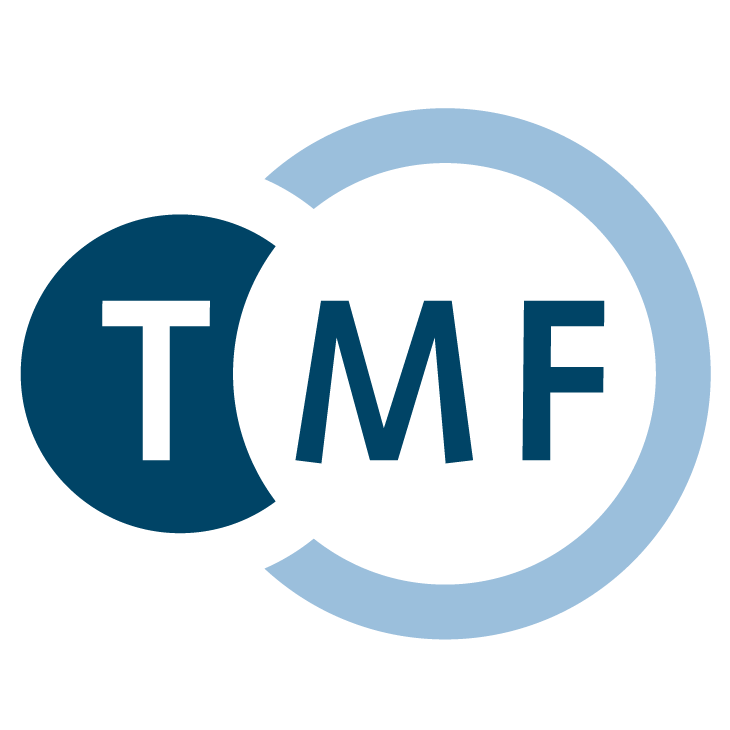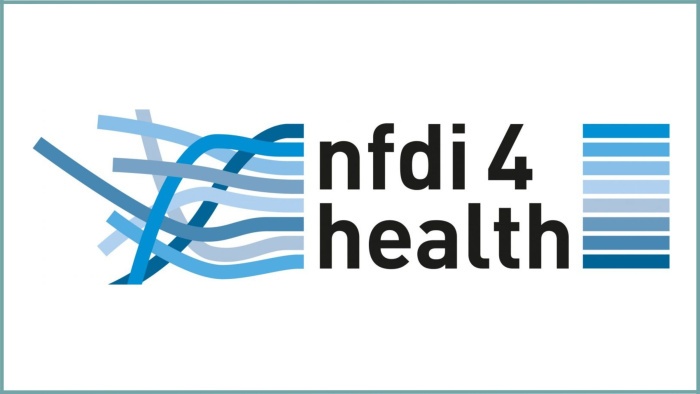White Paper: Improving Record Linkage for Health Research in Germany

Looking forward to improving healthcare in Germany with the White Paper: Prof. Dr. Wolfgang Ahrens (Head of the Department of Epidemiological Methods and Causal Research at the Leibniz Institute for Prevention Research and Epidemiology - BIPS). © BIPS
It is currently difficult to link health data from different sources in Germany. This significantly hampers healthcare, especially in comparison to neighboring European countries. A new white paper identifies weaknesses and points out possible solutions.
"The individual linking of different health data with the goal of creating a common data set is called record linkage. Research institutes, cancer registries, hospitals, or health insurance companies can collect health data on the same person, but if these different data sets of one person cannot be linked with each other, important research questions must remain unanswered," explains Prof. Dr. Wolfgang Ahrens, Head of the Department of Epidemiological Methods and Causal Research at the Leibniz Institute for Prevention Research and Epidemiology - BIPS. He adds: "It is only through the linking of different data sources that scientific questions can be answered that could not be answered with one data source alone due to the limited scope of variables. This linked data has huge potential for health research in order to improve prevention, treatment, and care for the population. As this health data is sensitive, it is protected against potential misuse through strict legislation."
Only by linking different data sources can scientific questions be answered that could not be answered with one data source alone due to the limited scope of variables.
Unclear legal regulations, inconsistent handling of different data bodies, restrictive interpretations of the law that vary from state to state, and a lack of infrastructure have so far prevented the existing data from being used adequately to improve prevention and healthcare. NFDI4Health has therefore developed a White Paper on Record Linkage with other experts under the auspices of the Medical Informatics Initiative and the University Medicine Network. The paper describes the obstacles to the effective use of health data and makes suggestions on how to standardize and improve the linking of health data at the personal level in Germany. The aim is to find practicable solutions that align with the European General Data Protection Regulation.
"The current legal situation severely restricts the use of valuable health data for research. Record linkage in Germany is made particularly difficult by the fact that, in contrast to countries such as Denmark, there is no unique identifier for individuals that would allow health information to be merged across different data bodies without having to transmit identity data such as name and address," explains Sebastian C. Semler, Managing Director of the Technology and Methods Platform for Networked Medical Research (TMF). He adds: "Furthermore, there is no infrastructure in Germany that would allow comprehensive record linkage across studies and data bodies in a secure environment. Until now, time-consuming individual solutions have had to be found for linking data sets in research. Attempts to link data often fail due to a lack of clear, research-friendly regulations. This means that record linkage in Germany lags far behind the standards of other European countries."
To counteract this, the White Paper describes various use cases that illustrate the current technical and legal hurdles and calls for cross-border and low-bureaucracy solutions. In particular, the White Paper recommends that legislators introduce a unique identifier for individuals, establish sector-specific pseudonyms, set up a central supervisory and approval authority, and establish a decentralized, federated research data infrastructure.
NFDI4Health is part of the National Research Data Infrastructure (NFDI), funded by the federal and state governments. The goal of NFDI4Health is to build a comprehensive inventory of German epidemiological, public health, and clinical study data. The analysis of this data is essential for developing new therapies, comprehensive care approaches, and preventive measures. Personal health data requires special protection. The declared goal of NFDI4Health is, therefore, to combine security and usability. The consortium is made up of an interdisciplinary team of 17 partner institutions. In addition, 48 renowned institutions from the healthcare sector have pledged their participation; letters of support have been received from 37 international institutions.
Press Contact
Teresa Alberts
Phone: +49 421 218 56 781
E-mail: alberts@leibniz-bips.de
X: @NFDI4Health
Wiebke Lesch
Phone: +49 30 2200 24731
Mobile: +49 177 2663257
E-mail: presse@tmf-ev.de
X: @tmf_eV
Further Information

About the TMF
The TMF – Technology and Methods Platform for Networked Medical Research e. V. stands for research, networking and digitisation in medicine. It is the umbrella organisation for collaborative medical research in Germany, within which leading researchers exchange knowledge, jointly develop ideas and concepts, and shape the future of medical research in the digital age.


